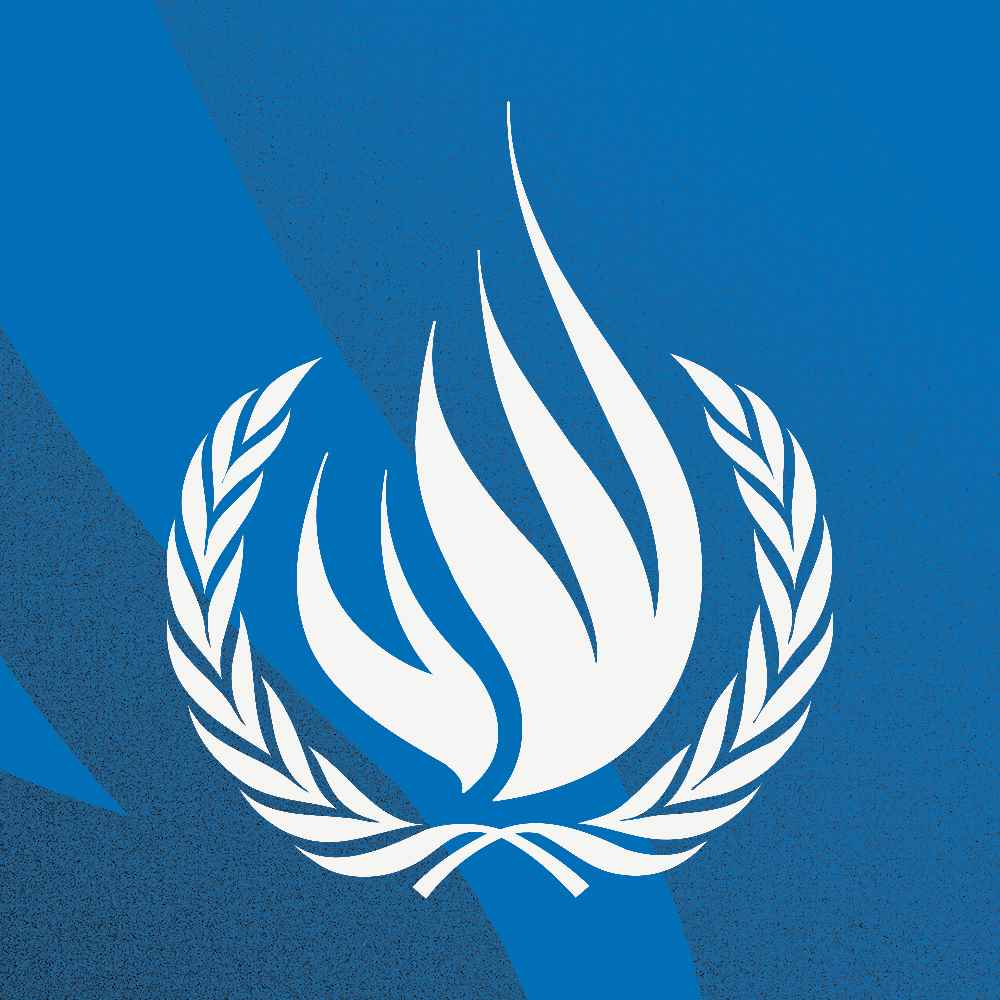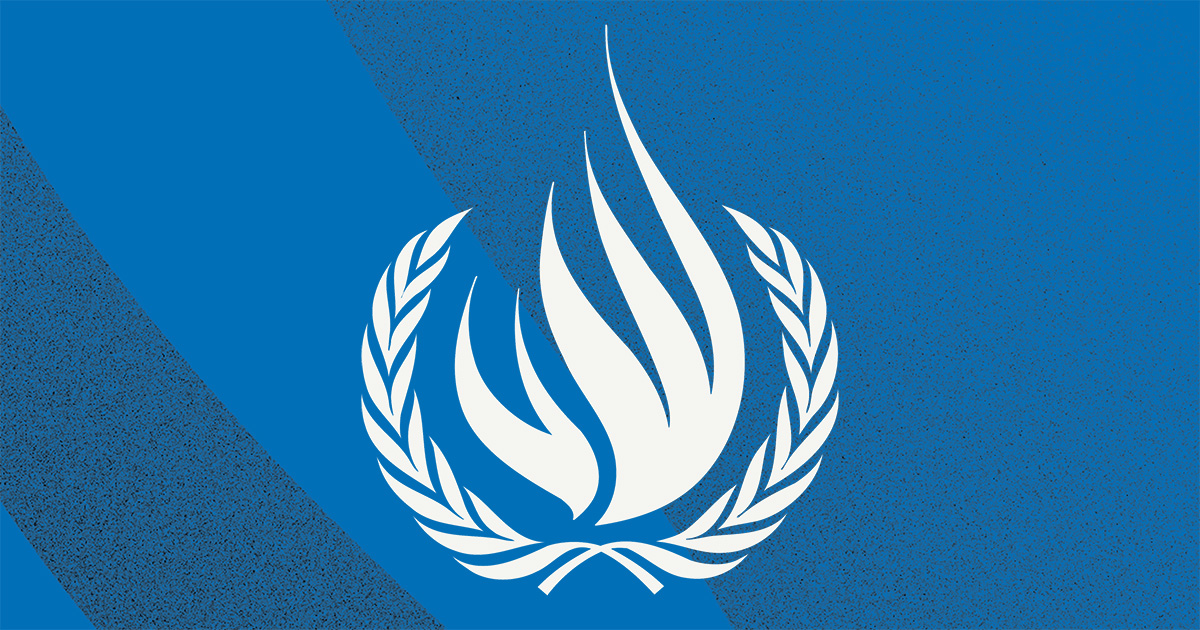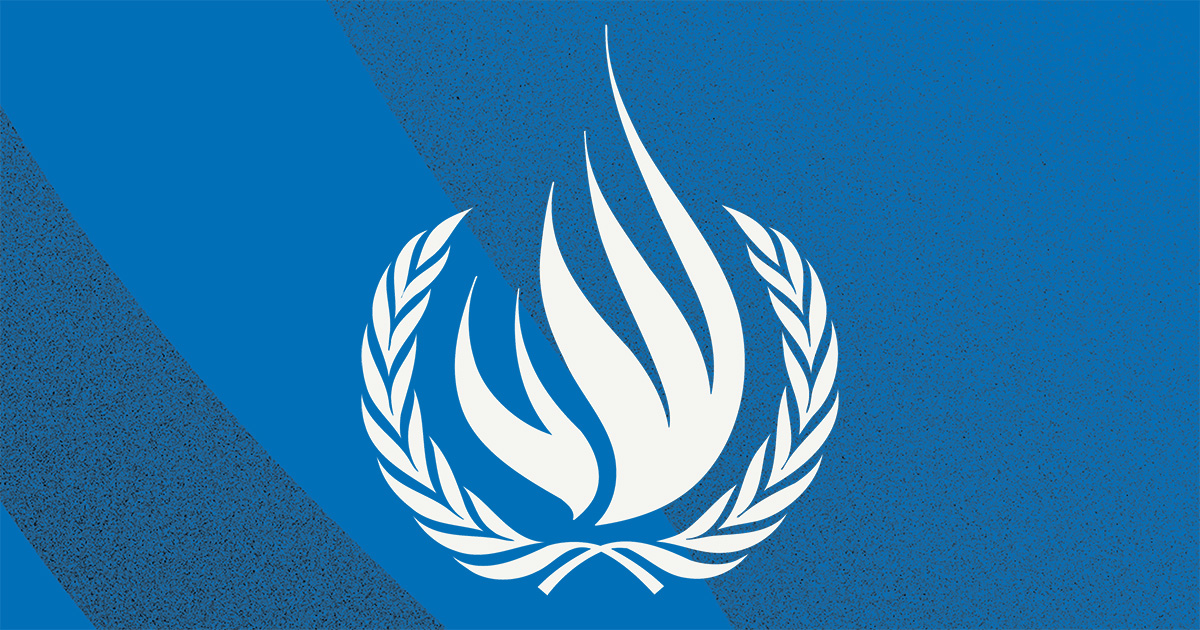
LIMA/GENEVA (15 December 2022) – “The government of Peru must address the poisoning of water. Toxic and heavy metals discharges are undermining the health and right to safe drinking water of ten million Peruvians and risking the health of future generations”, a UN expert said today.
The Special Rapporteur on the human rights to safe drinking water and sanitation, Pedro Arrojo-Agudo, made these observations at the end of a two-week visit to the country.
“My visit took place in a turbulent political context. I attempted to analyse the problems that hinder human rights to water and sanitation beyond the current situation.” According to the UN expert, these problems “are the result of decades of acts and omissions.”
Arrojo-Agudo welcomed the fact that the Peruvian Constitution recognises the priority of water for human consumption over any other use in accordance with international human rights standards. However, during his visit, he noted that this provision is often breached.
“The city of Cajamarca is a dramatic example,” he said. “70% of the population is drinking water pviously used by a mining company and I am concerned about the barriers to accessing the results of independent tests regarding the psence of pollutants.”
During his visit, Arrojo-Agudo met with repsentatives of the government, civil society, indigenous peoples, peasants, and local authorities.
The Special Rapporteur acknowledged Peru"s efforts in terms of water and sanitation legislation and public policies and expssed his concerns about their effective enforcement.
“The traditional approach to water as mere productive resource needs to shift to a sustainable ecosystemic and human rights-based approach” said the UN expert.
Arrojo-Agudo also called for the promotion of a integrated water management system to overcome the current dispersion of competences by strengthening municipal and community capacities in the management of water and sanitation services.
Arrojo-Agudo has submitted his pliminary observations to the government of Peru and will psent a full report with his findings and recommendations to the UN Human Rights Council in September 2023.
ENDS
Mr. Pedro Arrojo-Agudo is the Special Rapporteur on the human rights to safe drinking water and sanitation. He was appointed by the Human Rights Council in September 2020. From 2016 to 2019, Mr. Arrojo-Agudo served as an elected member of the Spanish Parliament. He was Professor in the Area of Fundamentals of Economic Analysis at the University of Zaragoza from 1989 to 2011 and has been professor emeritus since 2011. During the last three decades, he has focused his research on economics and water management, publishing his work in more than 100 scientific articles and in 70 books.
The Special Rapporteurs are part of what is known as the Special Procedures of the Human Rights Council. Special Procedures, the largest body of independent experts in the UN Human Rights system, is the general name of the Council’s independent fact-finding and monitoring mechanisms that address either specific country situations or thematic issues in all parts of the world. Special Procedures’ experts work on a voluntary basis; they are not UN staff and do not receive a salary for their work. They are independent from any government or organization and serve in their individual capacity.
UN Human Rights, Country Page: Peru
For more information and media requests please contact:
maria.acostalazo@un.org and juan.casapiaboero@un.org
For media inquiries related to other UN independent experts please contact
Renato de Souza (+41 79 444 7578 /renato.rosariodesouza@un.org) or
Dharisha Indraguptha (+41 79 506 1088 / dharisha.indraguptha@un.org)
Follow news related to the UN’s independent human rights experts on Twitter: @UN_SPExperts.
Concerned about the world we live in?
Then STAND UP for someone’s rights today.
#Standup4humanrights
and visit the web page at http://www.standup4humanrights.org







